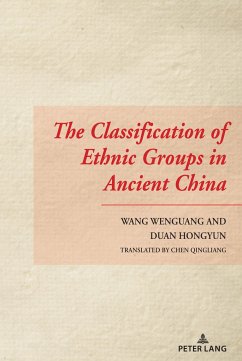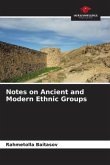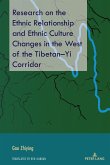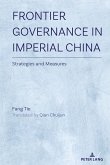Ethnic classification is the process of establishing standards, such as shared ancestry, language, religious practices, cultural traditions, and geographical distributions, for categorizing ethnic groups. Tracing the history of China to its tribal origins, the book explores how the identities of the numerous ethnic groups in China were established and how these groups interact with one another. By comparing and contrasting exonyms and autonyms, the authors offer an insightful ethnographic analysis of the system for assigning ethnonyms. Drawing on a large body of research in history, folklore studies, archaeology and linguistics as well as a rich trove of primary sources, the book provides readers with a both expansive and in-depth look at how people understand their similarities with, differences from and relationship to one another.
Bitte wählen Sie Ihr Anliegen aus.
Rechnungen
Retourenschein anfordern
Bestellstatus
Storno








